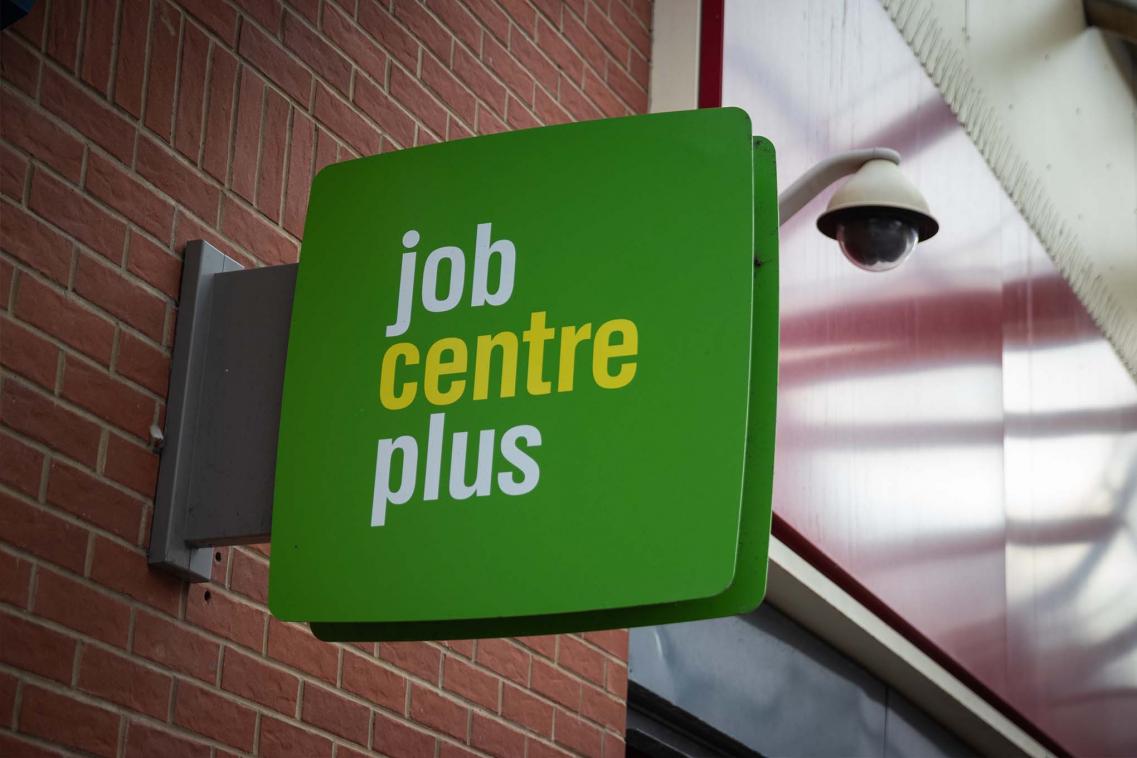Book Chapter
In this chapter, we analyse how living standards differ between those with and without long-standing health problems. There are many ways in which health and living standards may interact. First, poor health may reduce an individual’s living standards as they have to spend more money on goods or services to mitigate the impact of their health condition. Second, poor health may restrict the amount of paid work that an individual may do (if they can do any at all), or restrict the type of work that they can do, reducing their earnings. Third, being on a low income may itself worsen certain health problems. Fourth, poor health and low incomes might both be caused by similar factors, such as low educational qualifications. Fifth, being unwell may directly reduce someone’s living standards in a broad sense, even if it does not affect their material standard of living. For all of these reasons, one might expect the living standards of those in poor health to be lower than those of the general population.







































